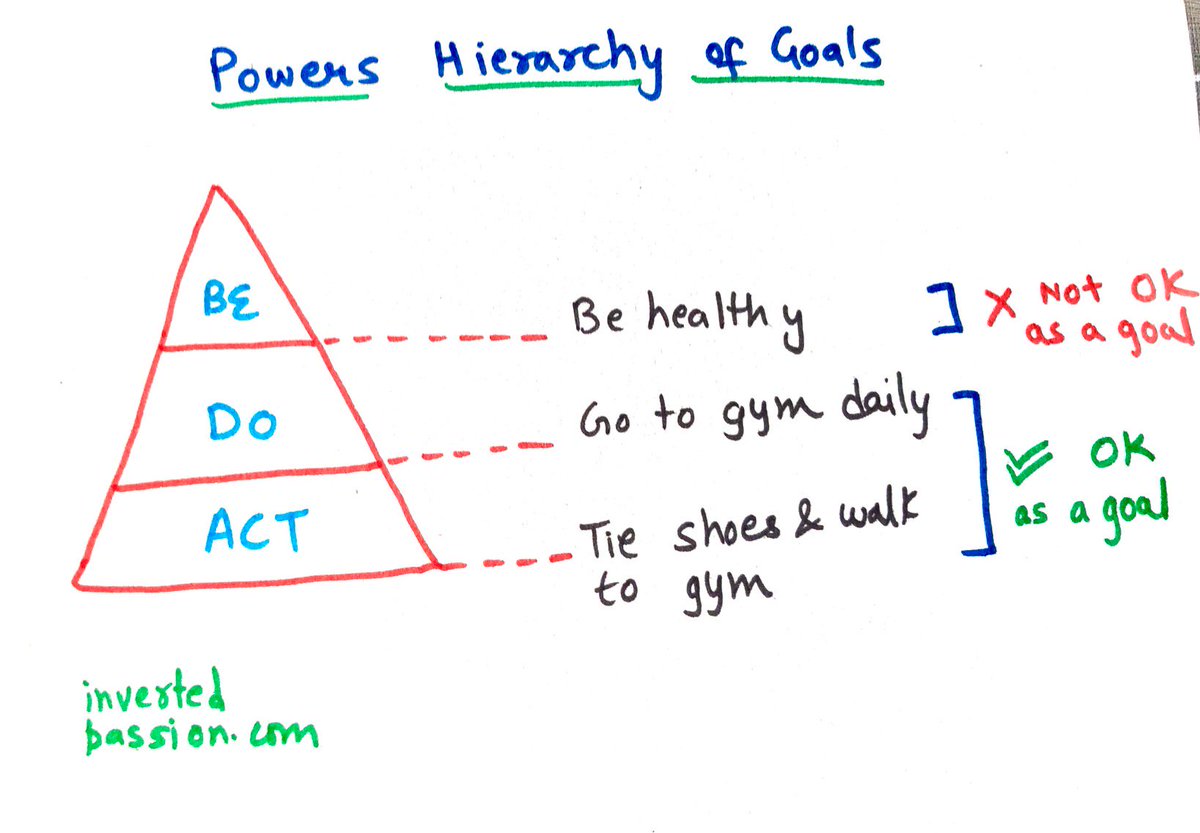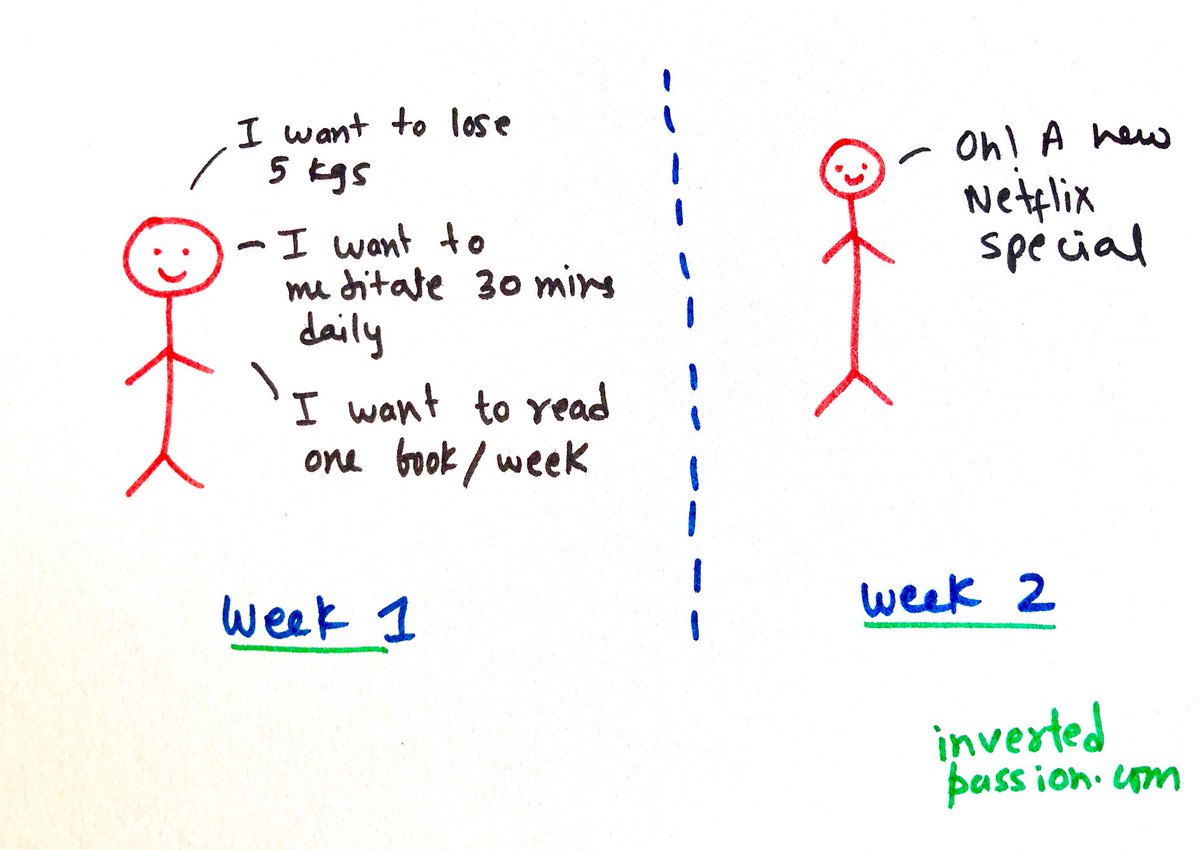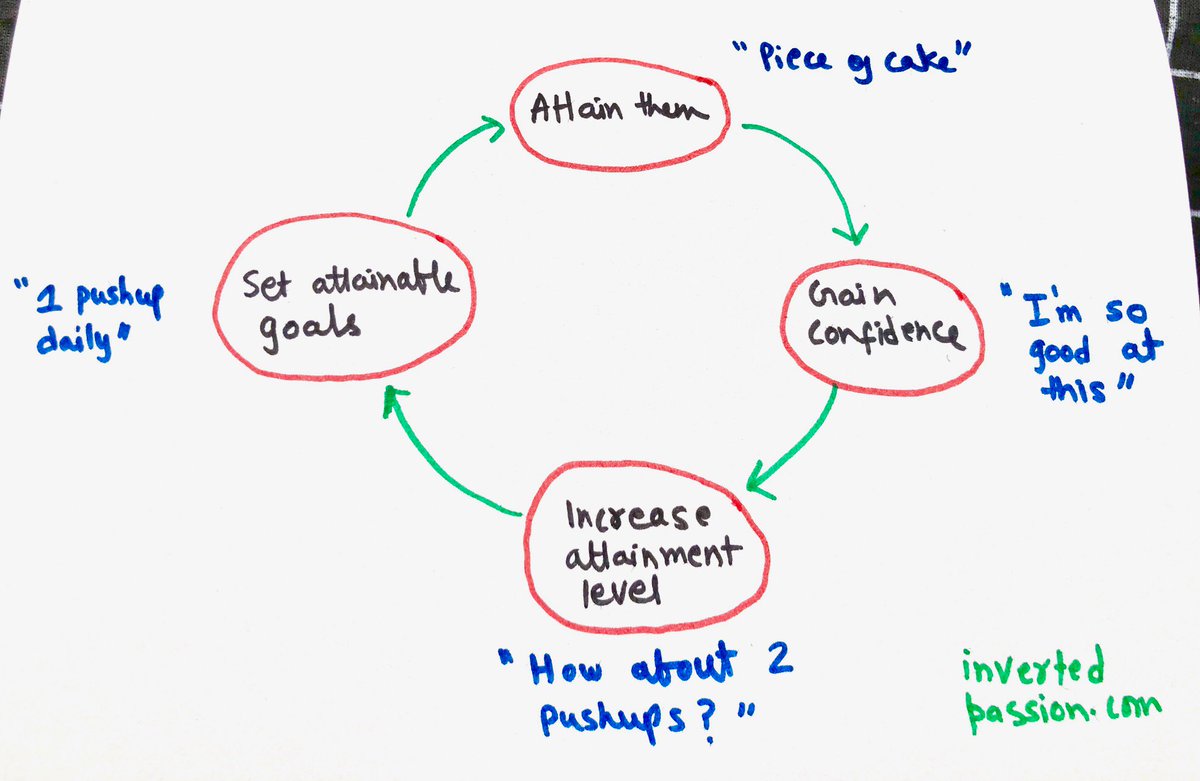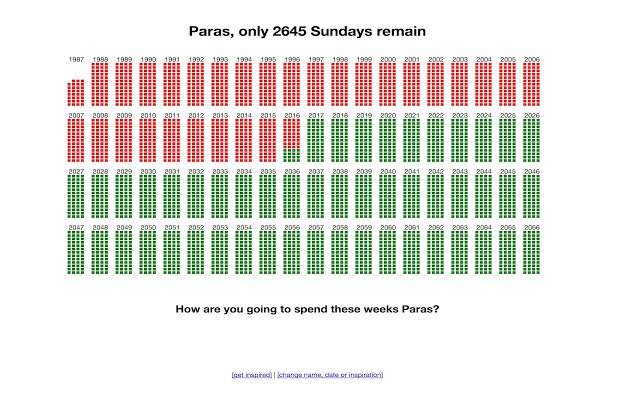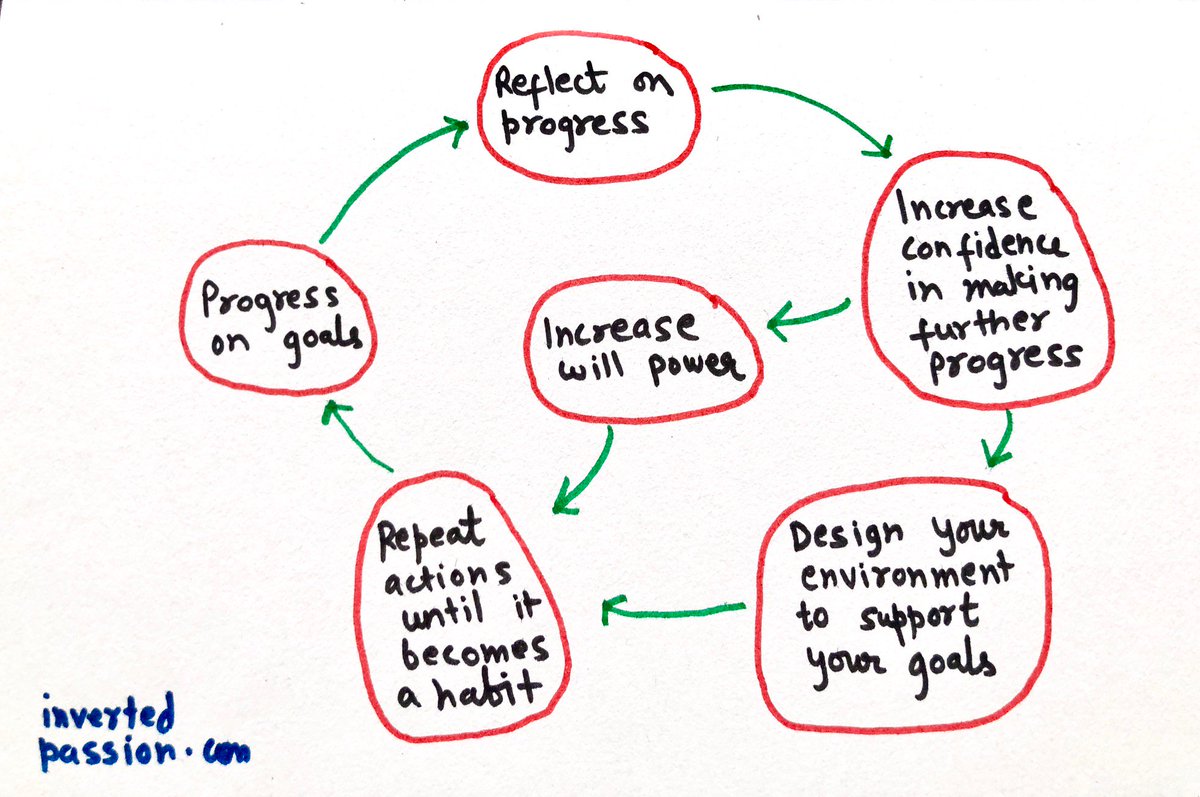1/n Did you know that one in two people don’t keep up with their new year resolutions just after 1st month?
Why does that happen to something WE chose OURSELVES?
Psychology has answers to this riddle.
Why does that happen to something WE chose OURSELVES?
Psychology has answers to this riddle.
2/n There are several reasons for failing at new year resolutions.
First one: our impulse is to keep ‘be’ goals (be healthy, be happy, be rich, etc.) These are vague goals that provide no direction.
First one: our impulse is to keep ‘be’ goals (be healthy, be happy, be rich, etc.) These are vague goals that provide no direction.
3/n If you want to keep your goals, make them SPECIFIC.
Keep DO goals rather than BE goals. So instead of be healthy, keep goal as reduce fat %tage by 25%. Instead of be happy, increase self-reported happiness from 6 to 8. Instead of be successful, get promoted at work.
Keep DO goals rather than BE goals. So instead of be healthy, keep goal as reduce fat %tage by 25%. Instead of be happy, increase self-reported happiness from 6 to 8. Instead of be successful, get promoted at work.
4/n Another reason for failing is to too many goals. Willpower is a limited, consumable resource. Self-control towards one goal reduces your self-control towards another.
If you want to keep your goals, just have ONE SPECIFIC goal. Temptation is to make a long list, avoid it.
If you want to keep your goals, just have ONE SPECIFIC goal. Temptation is to make a long list, avoid it.
5/n The third reason for failure is to keep goals so challenging that we start feeling we won’t be able to achieve them. On 1st Jan, losing 10 kgs seems like a motivating goal but as time goes on, our slow progress decreases our confidence. It becomes a self-fulfilling prophecy
6/n Research has discovered that number one predictor of achieving goals is self-efficacy (confidence in our abilities). Self-efficacy makes you put in more effort and also plan better. Confidence is key. And you’ll be confident if you keep attainable goals.
7/n If you want to keep your goals, just have ONE TINY SPECIFIC goal.
Say losing 2 kgs, instead of 10 kgs, or reducing 1 cigarette per week. Remember: you can always increase your level as you gain more confidence. But don’t hit yourself on the foot on day 1.
Say losing 2 kgs, instead of 10 kgs, or reducing 1 cigarette per week. Remember: you can always increase your level as you gain more confidence. But don’t hit yourself on the foot on day 1.
8/n This confidence in abilities can be built through reflecting on victories. Researchers call it self-awareness. It’s a simple act of mentally or physically noting down every day your progress on the goal.
9/n Make sure you only note down (positive) progress. Do NOT get into blame or loathing mode (research shows it’s a negative predictor of success).
10/n The act of noting down little victories every day will increase your confidence (self-efficacy) which will further improve your effort (willpower) towards the goals. It’s a positive feedback cycle.
11/n Inspite of all this effort, know that our environment is full of temptations. If your goal is to read books, Netflix comes in the way. If you want to lose weight, a friend calls and invites you to a party.
12/n Since our will power is limited, you WILL give into temptations. Work with this assumption and then design your environment to avoid these temptations.
13/n For example, to get more time for reading, I block my own calendar weeks in advance. To get motivated, I coded a chrome extension that reminded me how many days are left in my day. https://chrome.google.com/webstore/detail/the-last-sunday-reminder/aiojhapcgfgmiacbbjfgedhlcchmpelh?hl=en
14/n If you want to keep your ONE TINY SPECIFIC goal, design your environment beforehand and keep tweaking it remove distractions, temptations and impulses.
15/n Finally, you’d stick through your new year goal for the entire year if becomes a habit. But how to make it into a habit? The answer is in taking actions towards your goals every day in a similar context.
16/n To make habits, do things consistently. If you are eating healthy, eat from the same bowl at the same time each day. If you are reading a book, read at the same place after a specific event in day (breakfast, commute, etc.)
17/n Repetition under similar situational contexts is how habits are formed. Popular science blogs say it takes 66 days, but the range is as wide as 18-250+ days, so keep at it! (Skipping a day or two doesn’t impact habit formation, but skipping a week does)
18/n If all this is too much, take a look at following goal attainment system (I encourage you to print it)
19/n Though remember that even if you fail at your new year resolutions, you’re not a failure. There’s no objective measure of a good or bad person, just subjective assessment. How you assess yourself is in your head!
20/n If you want more detail, read my 2200+ word long (psychological) guide to keeping new year resolutions: https://invertedpassion.com/science-of-setting-achieving-goals/
Please keep me informed if you find these techniques useful. RTs will help too :)
Please keep me informed if you find these techniques useful. RTs will help too :)

 Read on Twitter
Read on Twitter